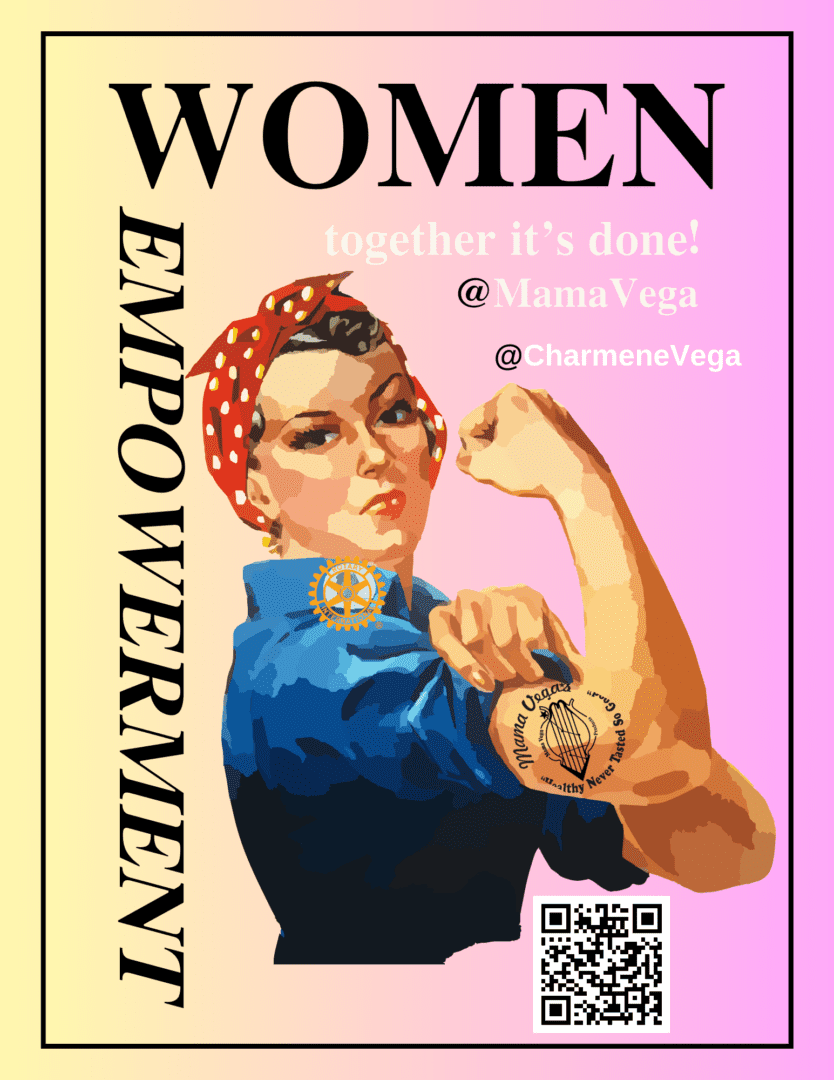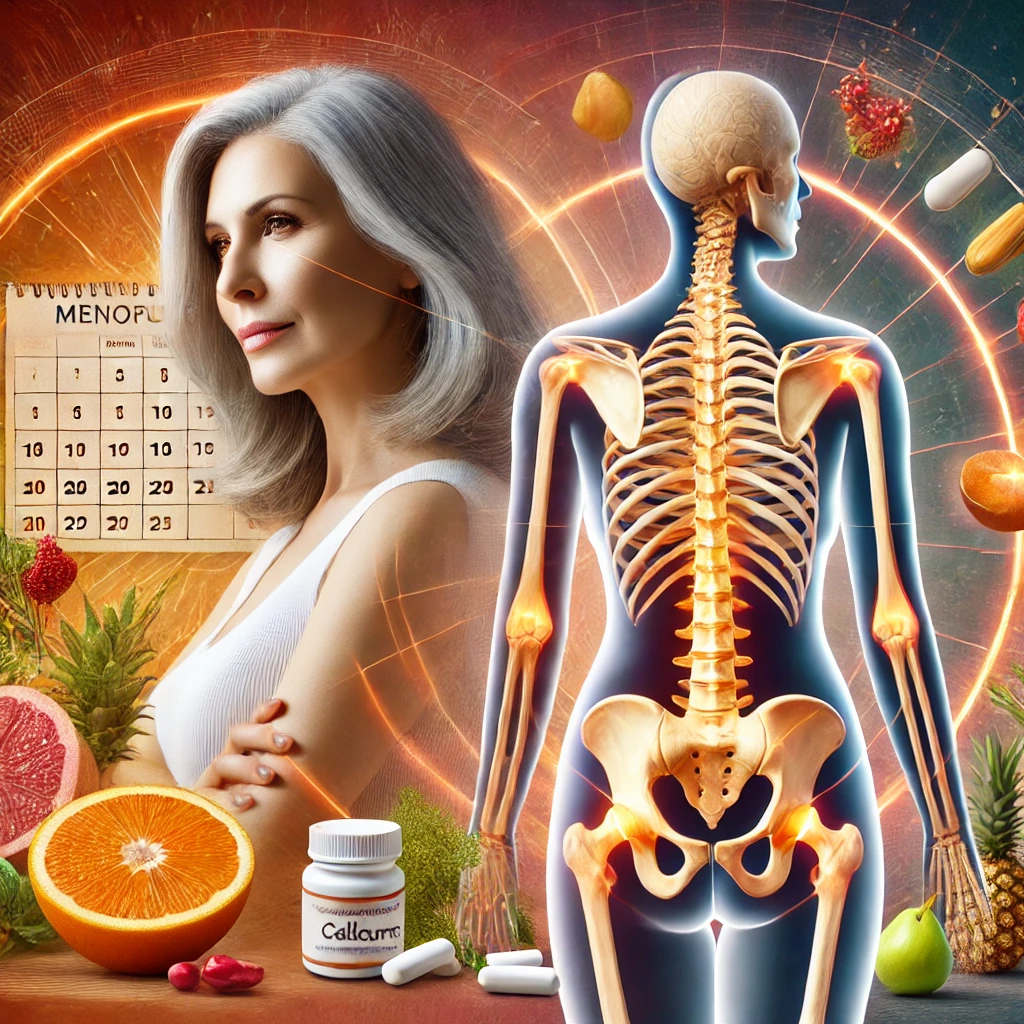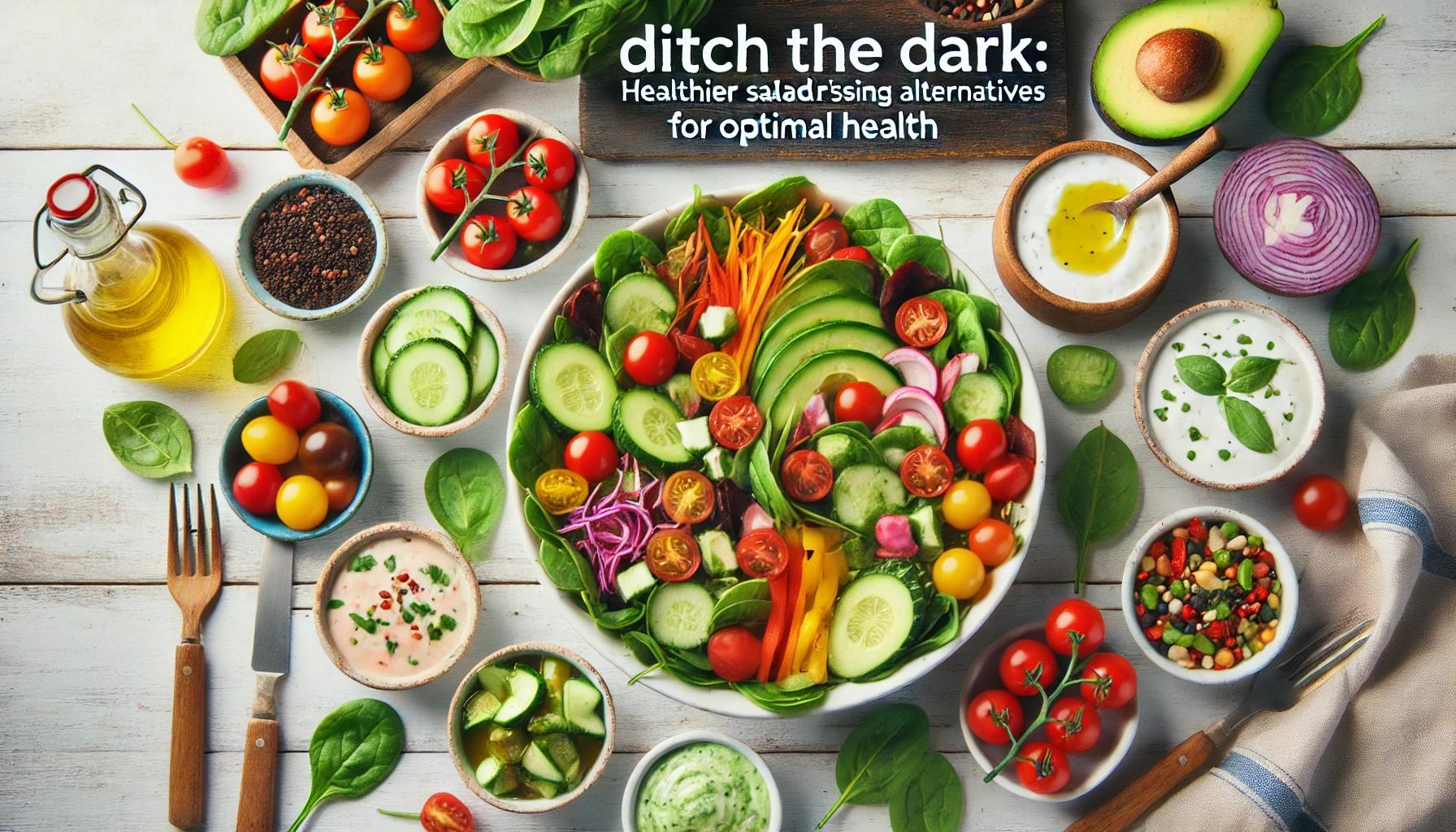Preventing and Reversing Bone Loss During Menopause: Your Guide to Stronger Bones
Bone health often takes a hit during menopause, perimenopause, and post-menopause. This is due to hormonal changes, especially the drop in estrogen levels. Estrogen is crucial for maintaining bone density. When its levels decline, bones lose strength and are more prone to fractures. The good news? You can prevent and even reverse some of this bone loss with the right approach.
Understanding Bone Loss During Menopause
- Why It Happens: During menopause, bone breakdown outpaces bone rebuilding due to lower estrogen levels, leading to weaker, brittle bones.
- When It Starts: Bone loss begins in perimenopause (the years before menopause) and accelerates during menopause. Post-menopause, the rate slows but doesn’t stop entirely without intervention.
Strategies to Prevent and Reverse Bone Loss
1. Prioritize on Calcium and Vitamin D
Your bones need these two nutrients to stay strong:
- Calcium: Aim for 1,000–1,200 mg/day. Sources include dairy products, leafy greens, almonds, and fortified plant-based milk.
- Vitamin D: Helps your body absorb calcium. Aim for 600–800 IU/day from sunlight, fatty fish, and fortified foods or supplements.
2. Incorporate Weight-Bearing and Strength-Training Exercises
Exercise signals your body to build and keep bone density:
- Weight-bearing activities: Walking, dancing, or hiking strengthen bones by putting stress on them.
- Strength training: Lifting weights or resistance exercises improve bone strength and muscle mass, reducing fracture risk.
3. Eat a Bone-Healthy Diet
Your diet plays a vital role in bone health. Focus on:
- Leafy greens: Spinach, kale, and collard greens for calcium and magnesium.
- FATTY fish: Salmon and mackerel offer vitamin D and omega-3s.
- Nuts and seeds: Almonds and sesame seeds offer calcium and healthy fats.
- FRESH fruits: Oranges and berries are good for vitamin C, which supports bone collagen production.

4. Consider Supplements
If your diet doesn’t provide enough nutrients, supplements can help:
- Calcium and Vitamin D: Make sure you meet daily requirements.
- Vitamin K2: Directs calcium to your bones instead of arteries.
- Magnesium: Supports calcium absorption and bone mineralization.
- Collagen: Strengthens the bone matrix and improves elasticity.
5. Manage Hormonal Changes
Estrogen therapy or other hormonal treatments can slow bone loss in particular women. Always discuss risks and benefits with your healthcare provider.
6. Avoid Bone-Weakening Habits
- Limit alcohol: Excessive intake interferes with calcium absorption.
- Reduce caffeine: Too much can increase calcium loss.
- Quit smoking: Smoking accelerates bone loss and reduces bone density.
7. Monitor Your Bone Health
Talk to your doctor about:
- Urinary Hormones + 60-Minute Lab Review
- Bone density tests (DEXA scans) measure your bone strength and track changes over time.
- Medications: If you have osteoporosis, medications like bisphosphonates (Reclast, Boniva) or other therapies can reduce bone loss and increase density.
What If You’ve Already Lost Bone Density?
Reversing bone loss is challenging but possible with consistent effort:
- Start with Diet and Exercise: These are the foundation for rebuilding bone density.
- Use Supplements Strategically: Focus on nutrients that promote bone formation.
- Explore Medications: Your doctor may recommend options that actively rebuild bone, like teriparatide or romosozumab.
- Stay Consistent: Bone-building takes time. Commit to lifestyle changes for long-term results.
Bone Health is a Lifelong Journey
Bone loss during menopause doesn’t have to be inevitable. You can keep or even rebuild bone density by prioritizing a nutrient-rich diet, staying active, and consulting with your doctor. Whether you’re in perimenopause, menopause, or post-menopause, it’s never too late to take action. Remember: Strong bones build a strong future.
Take small, consistent steps today, and your body will thank you tomorrow!

Supplements alone can’t fully reverse bone density loss. Still, they can play a critical role in slowing down further bone loss. They also support bone rebuilding when mixed with other strategies like diet, exercise, hydration, rest, and medication (if prescribed). Here’s what you need to know:
What Supplements Can Do:
- Improve Bone Strength: Supplements give the nutrients needed to keep and support the mineral density of bones.
- Fill Nutritional Gaps: If your diet is lacking key nutrients like calcium or vitamin D, supplements can help. They guarantee your body has the tools it needs for bone health. Test for Gaps
- Support Treatment Plans: Supplements can enhance treatment outcomes when mixed with medications like bisphosphonates (e.g., Reclast or Boniva).
- Barbara O’Neil Discusses the 12 Minerals That Build Strong Bones
Essential Bone Health Supplements
- Calcium:
- Role: Primary building block of bones.
- Dose: Aim for 1,000–1,200 mg/day (diet + supplements).
- Absorption Tip: Pair with vitamin D for better uptake.
- Vitamin D:
- Role: Helps the body absorb calcium effectively.
- Dose: 600–800 IU/day (higher doses may be needed if deficient).
- Magnesium:
- Role: Supports bone structure and helps regulate calcium levels.
- Dose: 300–400 mg/day.
- Vitamin K2:
- Role: Directs calcium to bones and prevents it from depositing in arteries.
- Dose: 90–120 mcg/day.
- Omega-3 Fatty Acids:
- Role: Reduces bone inflammation and supports bone regeneration.
- Dose: 1,000–2,000 mg/day.
- Collagen:
- Role: Supports bone matrix strength and elasticity.
- Dose: 5–10 grams/day.
What Supplements Cannot Do:
- Restore Severe Loss: Bones can’t be fully rebuilt in severe osteoporosis. Medical treatments, like bisphosphonates, denosumab, or hormone replacement therapy, are typically required.
- Work Alone: Supplement nutrients that need physical activity, especially weight-bearing and resistance exercises. These activities signal your body to strengthen and rebuild bones.
Best Practices for Bone Health:
- Combine Supplements with a Balanced Diet: Focus on whole foods rich in calcium, magnesium, and vitamin D.
- Incorporate Weight-Bearing Exercises: Walking, dancing, or resistance training stimulates bone remodeling.
- Limit Bone-Weakening Habits: Avoid excessive caffeine, alcohol, and smoking, as they can leach calcium and weaken bones.
Supplements are an excellent tool for improving bone health and slowing bone loss. Nonetheless, reversing significant bone density loss requires a holistic approach. This includes lifestyle changes, medical evaluation, and prescribed treatments. Always consult a healthcare provider to tailor a plan for your unique needs!
Scientific and Medical References:
- National Institutes of Health (NIH): Osteoporosis and Bone Health
NIH provides an in-depth look at how menopause affects bone density and steps to mitigate bone loss.
https://www.nih.gov - Mayo Clinic: Bone Health and Menopause
This resource explains the link between hormonal changes during menopause and bone health.
https://www.mayoclinic.org - National Osteoporosis Foundation: Menopause and Bone Loss
A detailed guide to understanding osteoporosis risk post-menopause and prevention strategies.
https://www.nof.org
Nutrition and Lifestyle:
- Harvard School of Public Health: Calcium and Vitamin D for Bone Health
Learn about dietary sources and the importance of these nutrients for bone strength.
https://www.hsph.harvard.edu - Blue Zones: Diets for Longevity and Bone Health
Explore how foods from Blue Zones regions can promote bone density.
https://www.bluezones.com
Exercise Recommendations:
- American College of Sports Medicine: Weight-Bearing Exercises for Bone Health
This resource outlines effective exercises for improving and maintaining bone density.
https://www.acsm.org - Journal of Bone and Mineral Research: Exercise and Bone Density in Menopausal Women
An academic study exploring the effects of weight-bearing activities on bone health.
https://www.jbmr.org
Holistic Health and Supplements:
- Linus Pauling Institute: Micronutrients and Bone Health
Detailed information on vitamin K, magnesium, and their roles in maintaining healthy bones.
https://lpi.oregonstate.edu - Life Extension: Collagen and Bone Health
Insights into how collagen supplements can support bone structure during menopause.
https://www.lifeextension.com
Medical Disclaimer for Mama Vega Enterprises: Optimal Health 360 Blog Post
The information on the Mama Vega Enterprises: Optimal Health 360 blog is for general informational purposes. It is not a substitute for professional medical advice, diagnosis, or treatment. Always consult your physician if you have questions about a medical condition. You can also ask another qualified health provider.
Never disregard professional medical advice or delay seeking it because of something you have read on this blog. The opinions expressed by the authors are their own. These opinions do not necessarily show the views of Mama Vega Enterprises, its subsidiaries, or its affiliates. Mama Vega Enterprises does not endorse any views on the blog. It also does not assume responsibility for the accuracy or reliability of any opinions, advice, or statements.
Call your doctor, go to the emergency department, or call 911 immediately if you have a medical emergency. Relying on any information provided by Mama Vega Enterprises is solely at your own risk. This includes information from Optimal Health 360, its contributors, or other visitors to the blog.
Mama Vega Enterprises is not responsible for the content of linked third-party sites. It does not make any representations about the accuracy, completeness, or other aspect of the information on such sites. The inclusion of any link does not imply endorsement by Mama Vega Enterprises.









